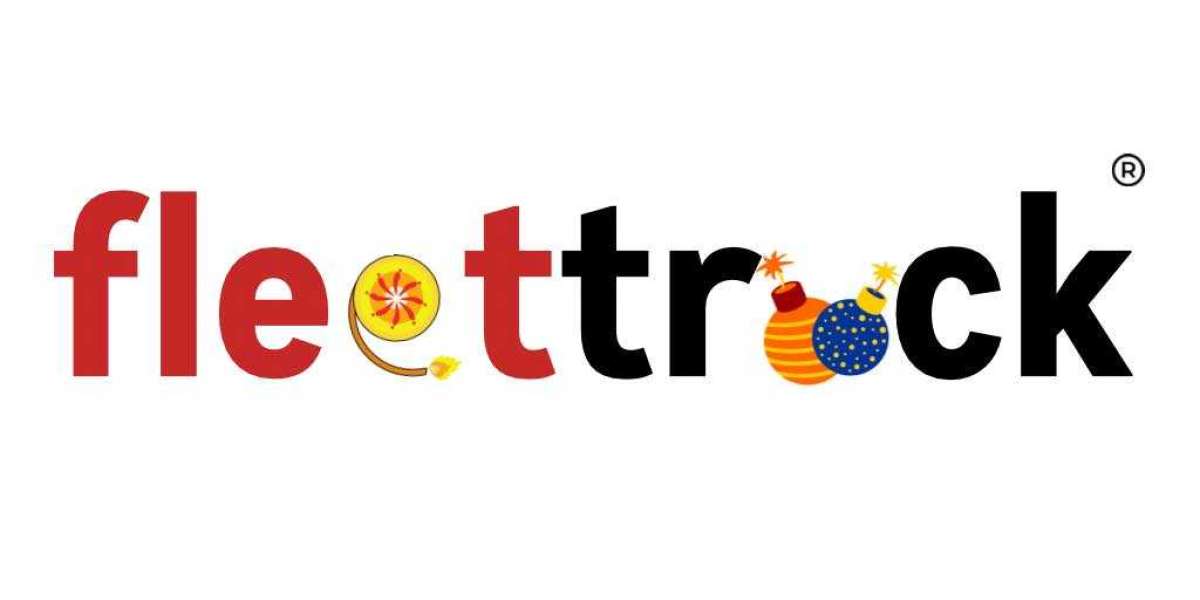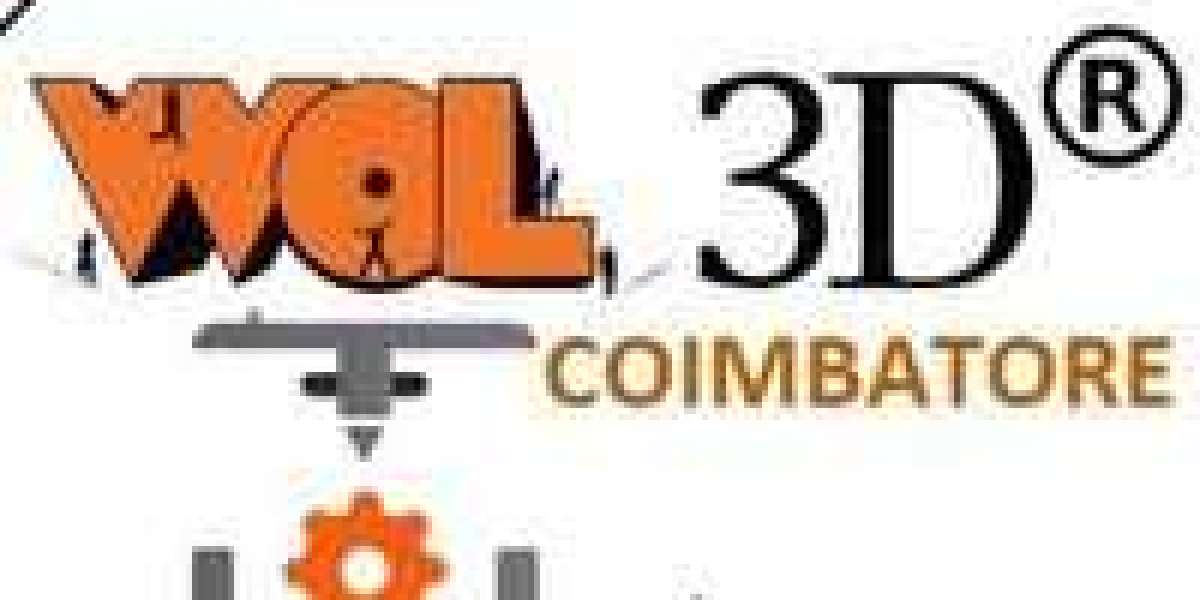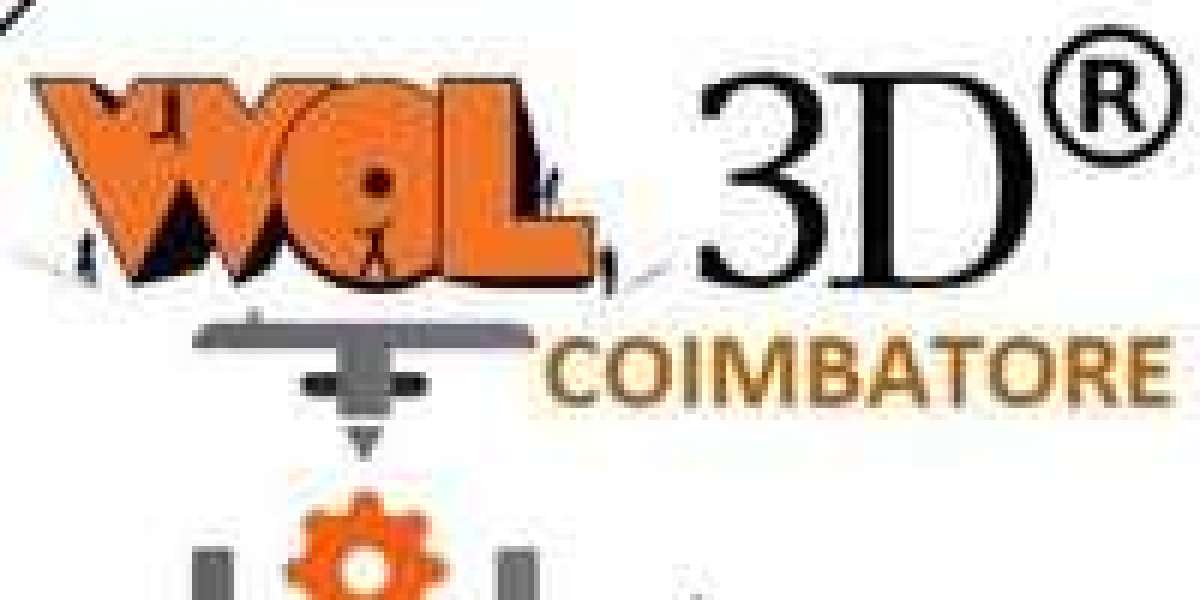Introduction
In the realm of digital marketing, Pay-Per-Click (PPC) advertising stands out as a dynamic and versatile tool for businesses seeking to enhance their online presence. Central to the effectiveness of PPC campaigns is the strategic placement of ads. Understanding the significance of ad position in PPC advertising is crucial for maximizing returns on investment and achieving desired outcomes. Best ppc services in India deliver exceptional results, maximizing your online visibility and driving targeted traffic to your business.
What is Ad Position in PPC Advertising?
Ad position refers to the placement of a paid advertisement on a search engine results page (SERP) or a website. In PPC advertising, ad positions are determined through a combination of factors, including bid amount, ad relevance, and ad quality. Typically, ad positions are numbered from one to ten, with position one being the highest-ranking spot.
Importance of Ad Position in PPC Advertising
Visibility and Click-Through Rate (CTR)
Higher ad positions generally correspond to increased visibility on SERPs, resulting in higher click-through rates (CTRs). Ads occupying top positions are more likely to attract user attention and drive website traffic, leading to greater exposure for businesses.
Relevance and User Engagement
Ad position influences the perceived relevance of ads to user search queries. Ads appearing at the top of search results are often perceived as more relevant and authoritative, fostering greater user engagement and interaction with the advertised content.
Competitive Advantage
Securing top ad positions allows businesses to gain a competitive edge by outperforming competitors and dominating prime real estate on SERPs. A prominent ad position can elevate brand visibility and establish market leadership, particularly in highly competitive industries.
Quality Score and Ad Ranking
Ad position is closely linked to the quality score assigned by search engines, which evaluates the relevance and quality of ads. Higher-quality ads are rewarded with better ad positions, reinforcing the importance of ad relevance, ad copy optimization, and landing page quality in PPC campaigns.
Conversion Rate and ROI
While top ad positions offer increased visibility, they may not always yield the highest conversion rates or return on investment (ROI). Lower ad positions, such as positions two to four, often deliver optimal conversion rates by targeting users with higher purchase intent while maintaining cost efficiency.
Factors Influencing Ad Position
Bid Amount
Bid amount plays a significant role in determining ad position, with higher bids typically securing top positions on SERPs. Advertisers compete in real-time auctions for ad placements, with bid strategies tailored to budget constraints and campaign objectives.
Ad Relevance and Quality Score
Search engines evaluate ad relevance and quality through factors such as keyword relevance, ad copy quality, landing page experience, and expected click-through rate. Ads with higher relevance and quality scores are more likely to attain favorable ad positions at lower costs.
Keyword Selection and Match Type
The selection of keywords and match types influences ad visibility and ad position. Targeting relevant keywords with appropriate match types, such as exact match, phrase match, or broad match modified, enables advertisers to align ad campaigns with user search intent and improve ad performance.
Ad Extensions and Ad Formats
Utilizing ad extensions and formats enhances ad visibility and competitiveness. Extensions such as sitelinks, callouts, and structured snippets provide additional information to users, increasing ad relevance and attracting clicks. Ad formats, including responsive search ads and expanded text ads, offer greater flexibility and customization options for advertisers.
Optimizing Ad Position in PPC Advertising
Keyword Research and Analysis
Conduct comprehensive keyword research to identify relevant search terms and phrases with high commercial intent. Analyze keyword metrics such as search volume, competition, and cost-per-click (CPC) to prioritize keywords aligned with campaign objectives and target audience preferences.
Ad Copy Optimization
Craft compelling ad copy that aligns with user search intent and highlights unique selling propositions (USPs). Incorporate relevant keywords, compelling calls-to-action (CTAs), and persuasive messaging to increase ad relevance and drive clicks. Test different ad variations to identify top-performing ad copy.
Landing Page Optimization
Optimize landing pages to provide a seamless user experience and facilitate conversion actions. Ensure landing pages are relevant to ad content, mobile-responsive, fast-loading, and user-friendly. Implement clear CTAs, persuasive content, and trust signals to encourage user engagement and conversions.
Bid Management and Budget Allocation
Implement strategic bid management strategies to maximize ad position while controlling costs. Adjust bids based on performance data, seasonality, and competitive landscape to optimize ad visibility and ROI. Allocate budget effectively across campaigns, ad groups, and keywords to prioritize high-performing areas.
Continuous Monitoring and Optimization
Monitor ad performance metrics, including impressions, clicks, CTR, conversion rate, and cost-per-acquisition (CPA), regularly. Identify areas for improvement and implement optimization tactics to enhance ad position, relevance, and performance over time. Utilize A/B testing and experimentation to refine ad campaigns and maximize results.
Conclusion
Ad position plays a pivotal role in the success of PPC advertising campaigns, influencing visibility, relevance, and performance outcomes. By understanding the factors that affect ad position and implementing optimization strategies, businesses can enhance their online presence, attract qualified traffic, and achieve their advertising goals effectively.
About Us:
"Space Edge Technology" appears to be a term that might refer to a company, concept, or technology related to space exploration or utilization. However, without further context, it's challenging to provide specific information.







